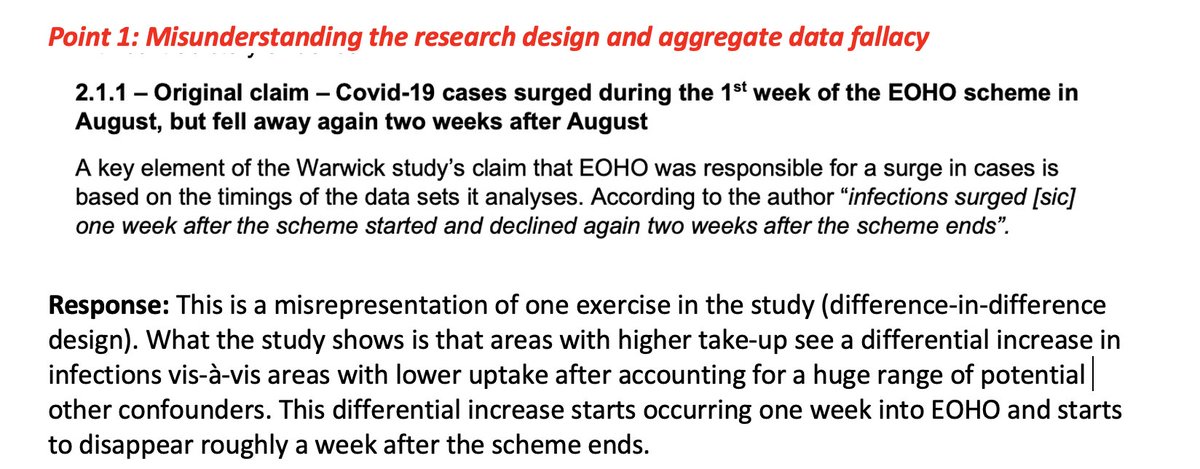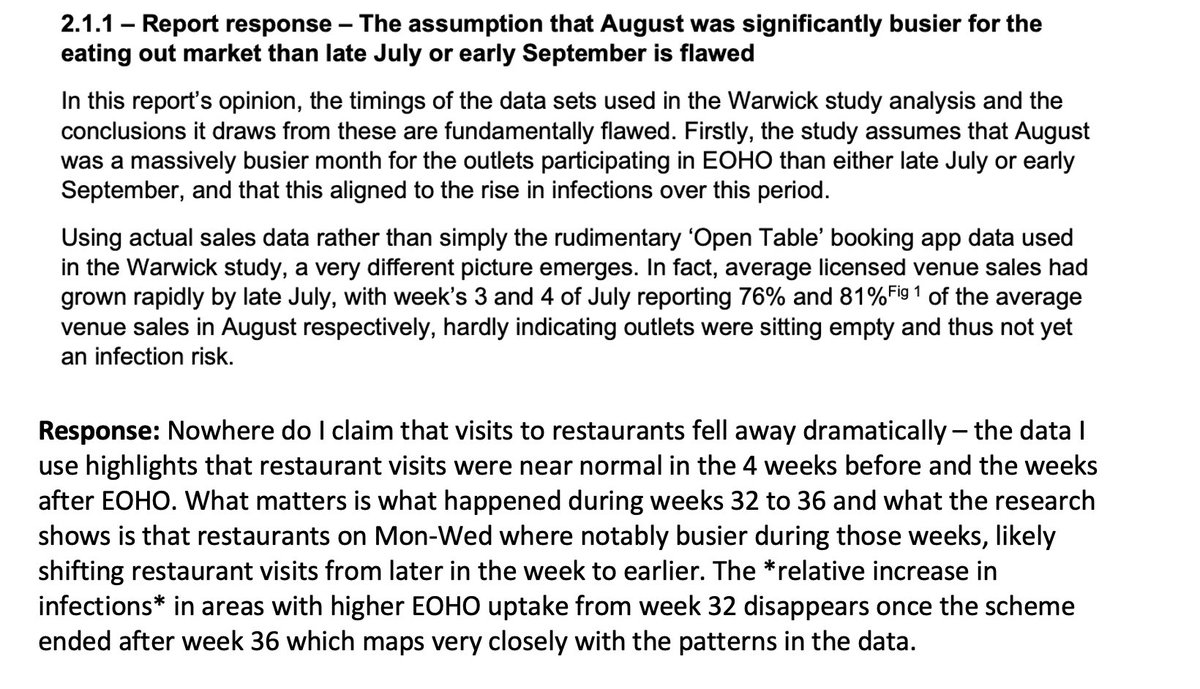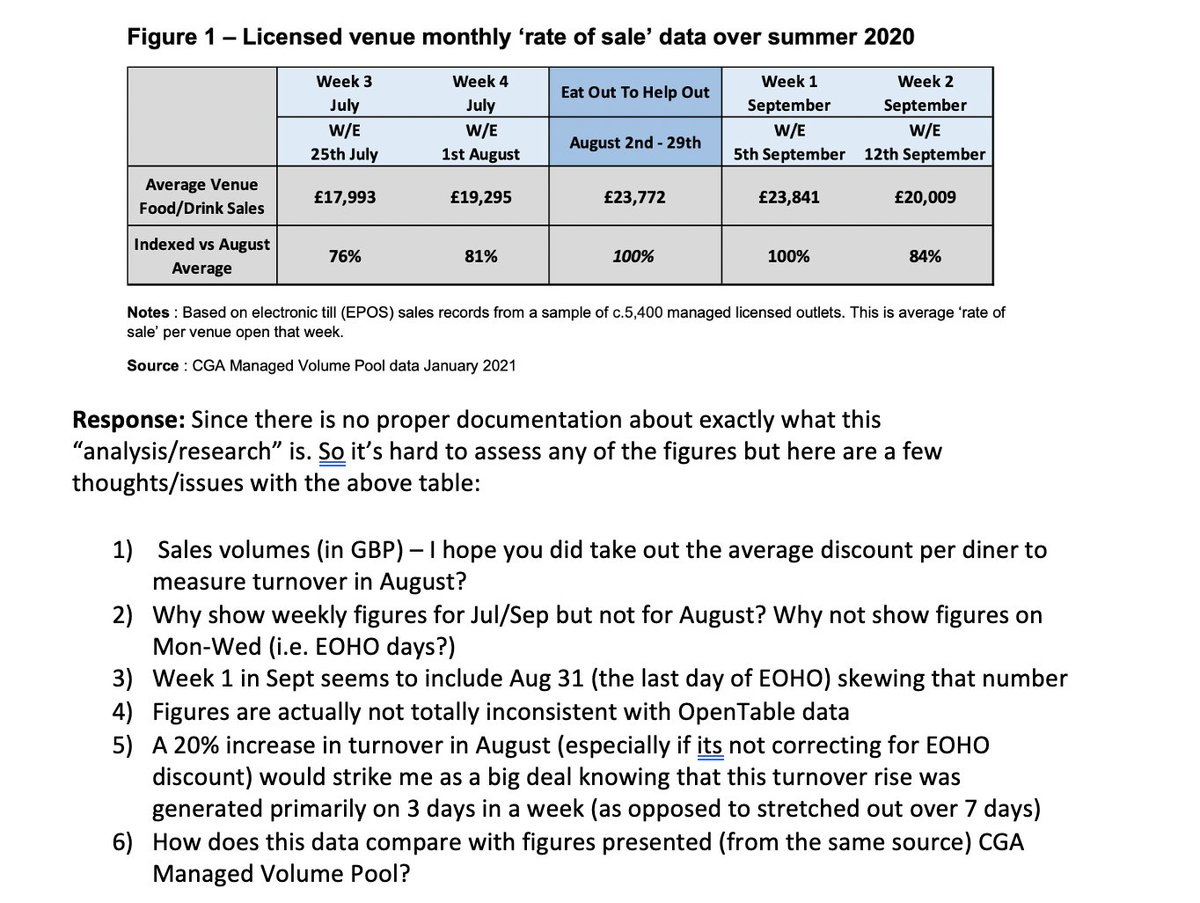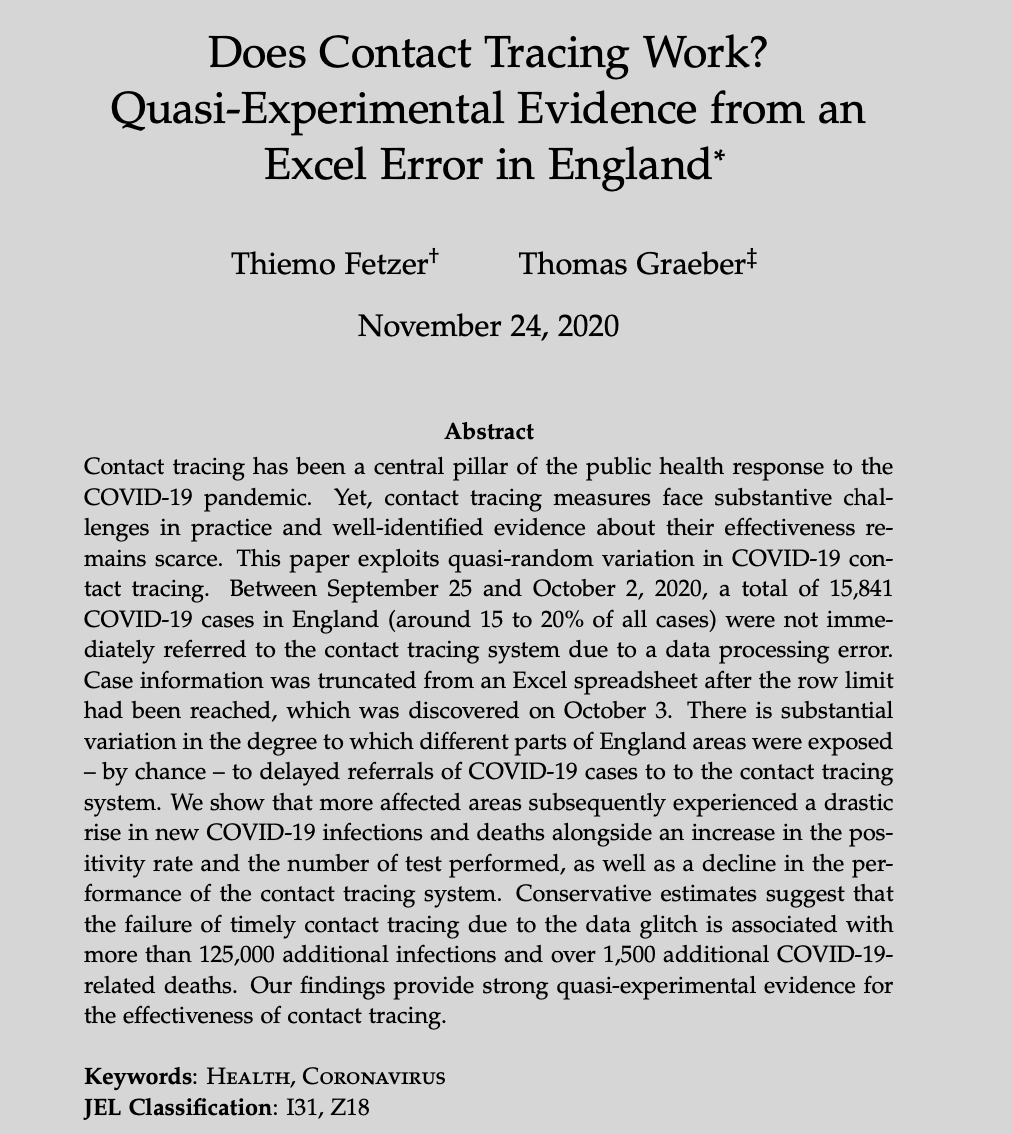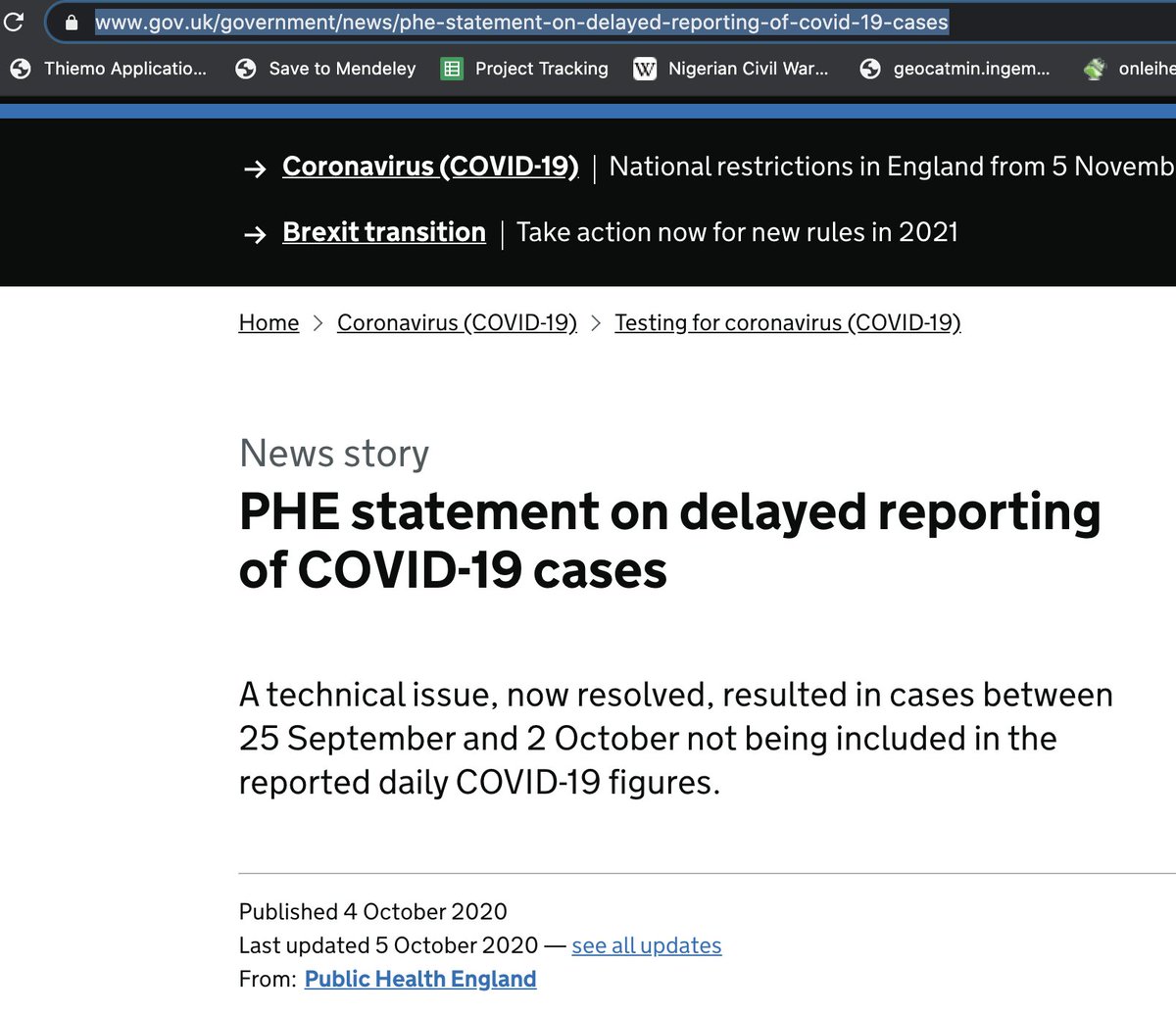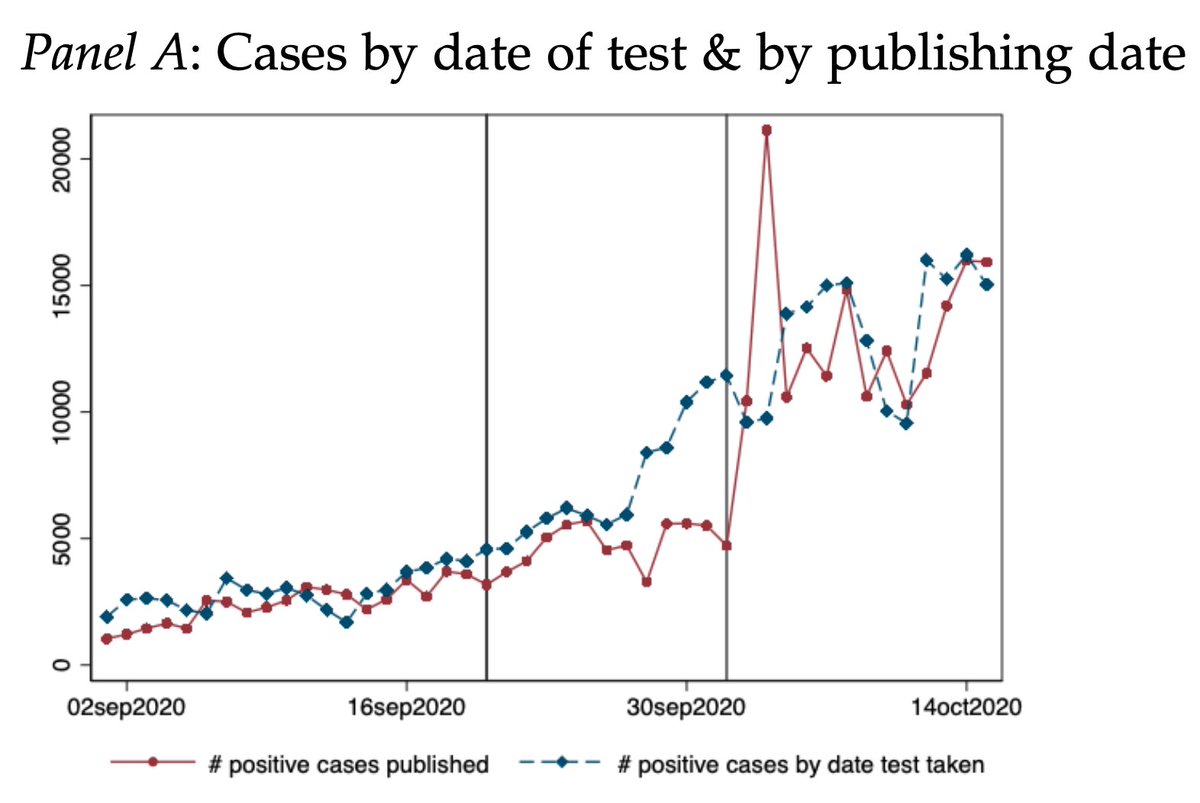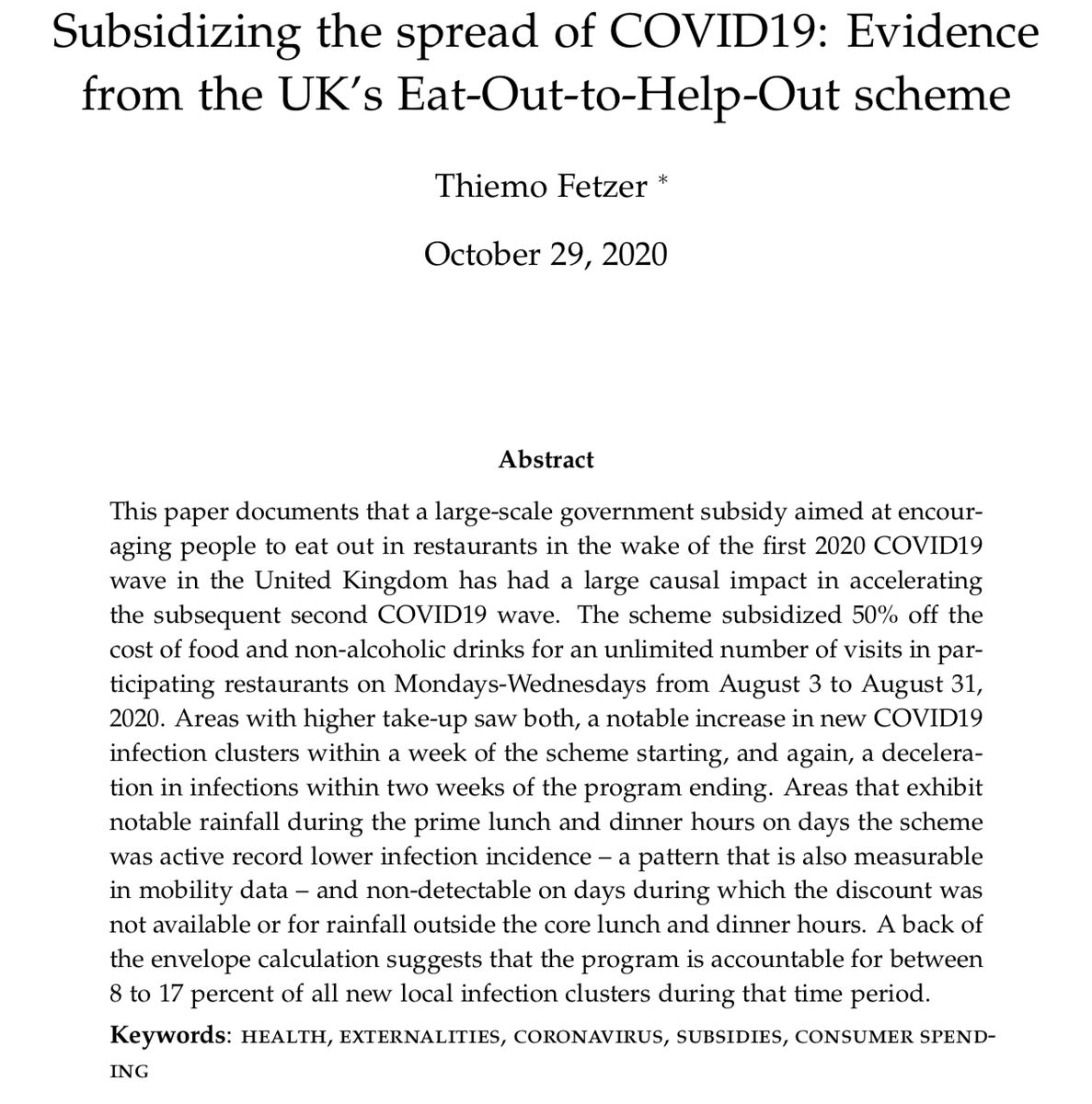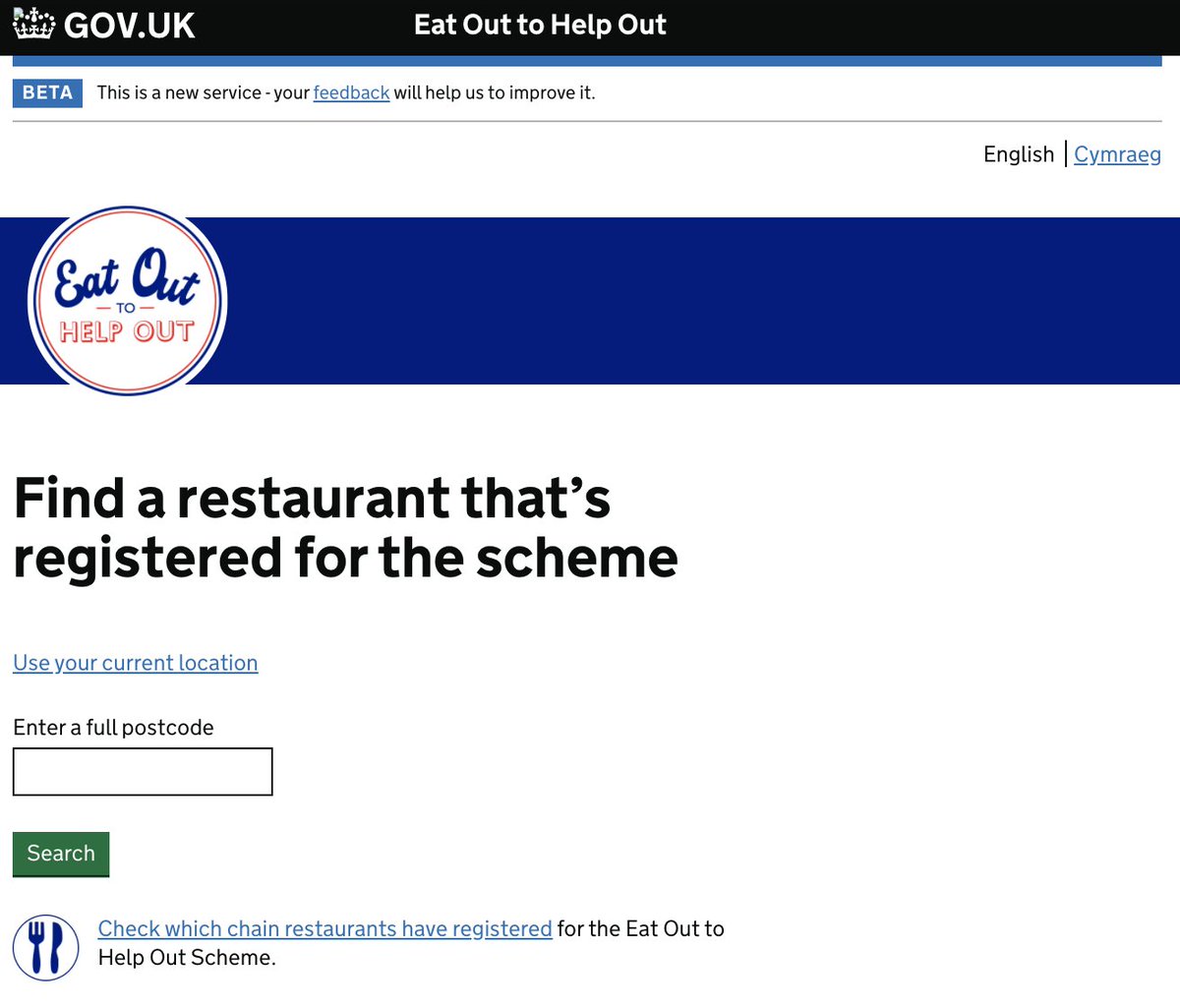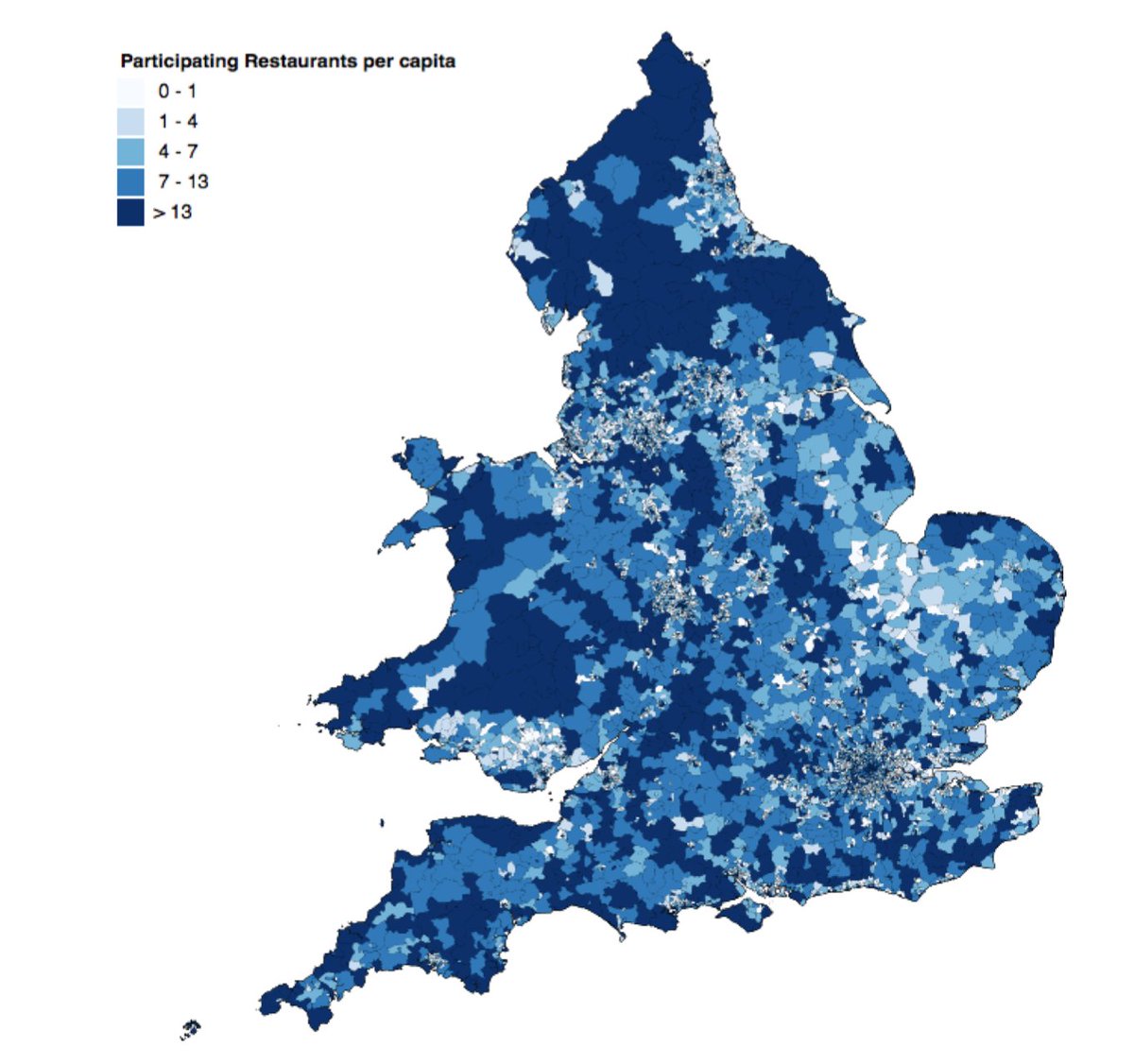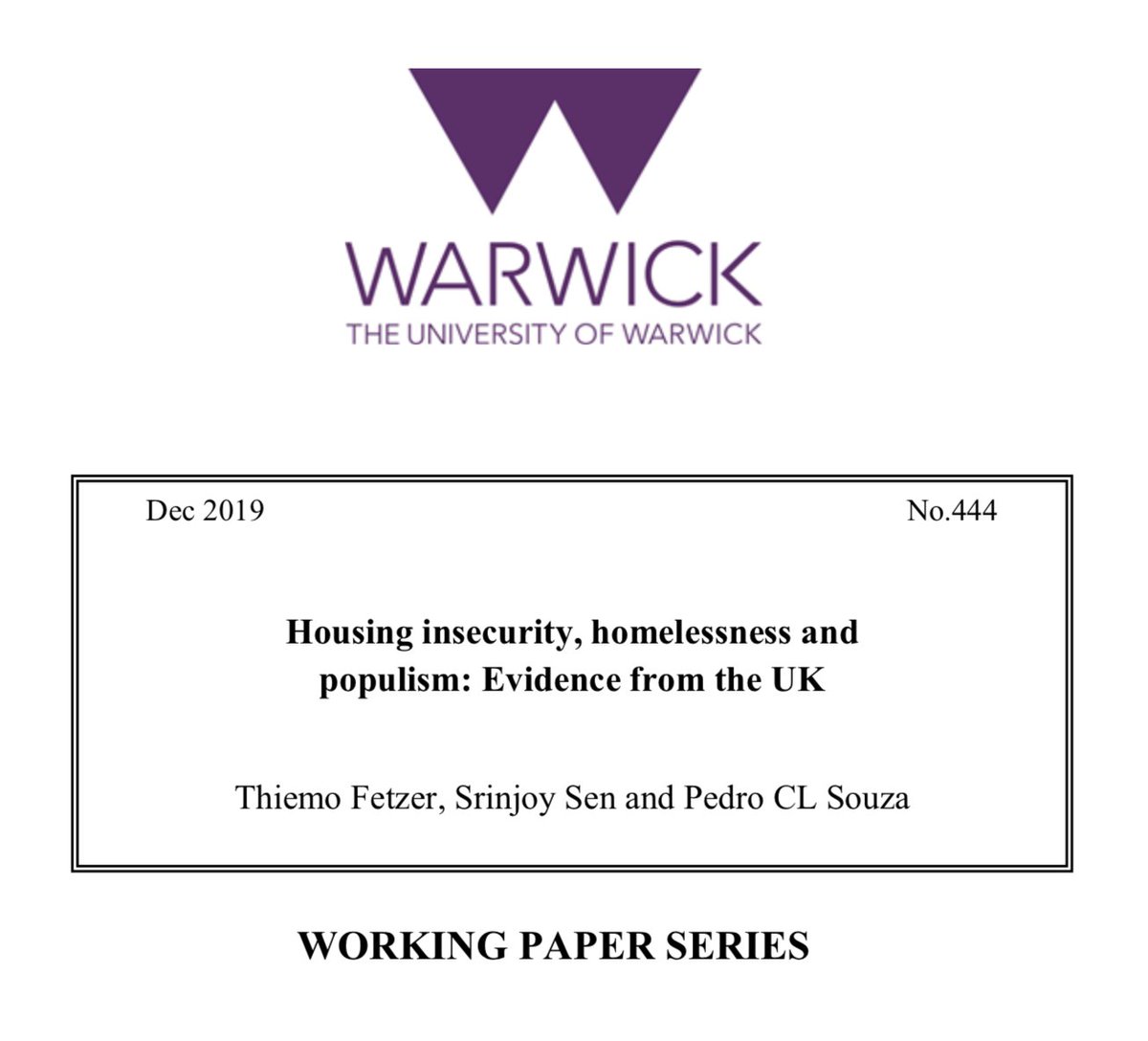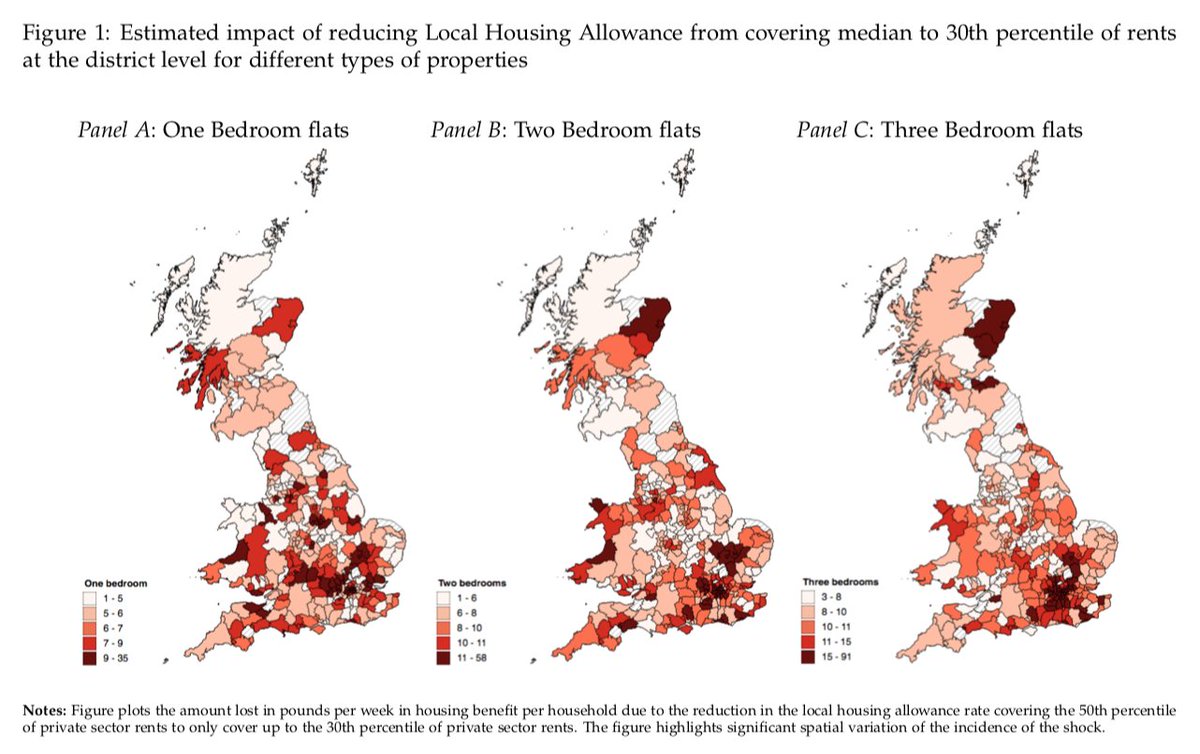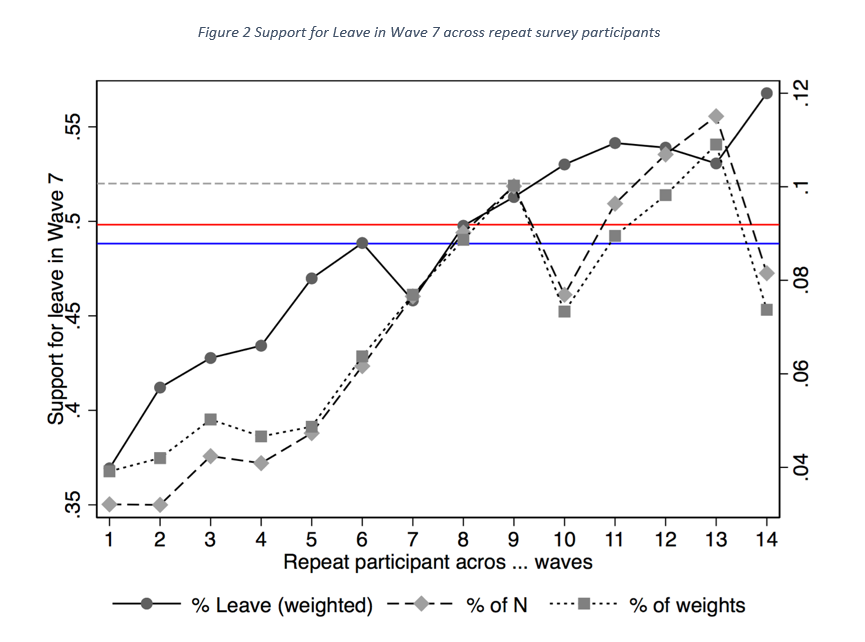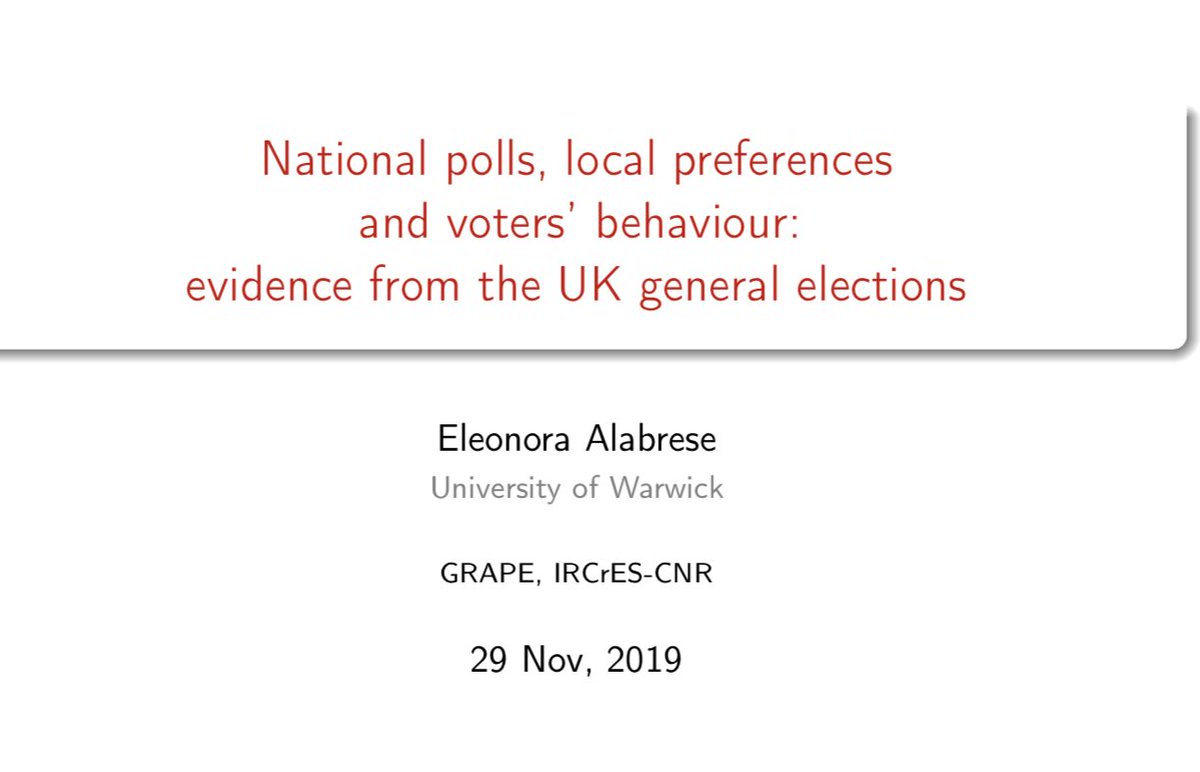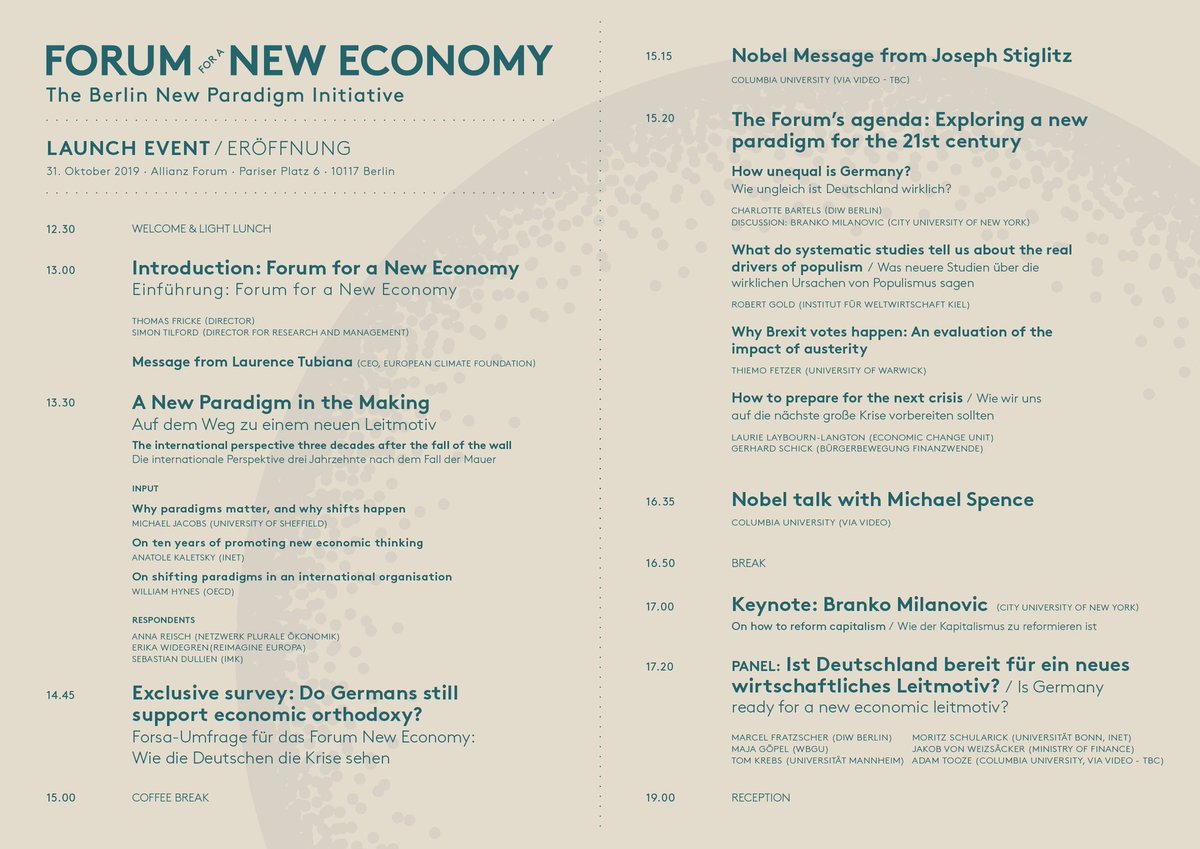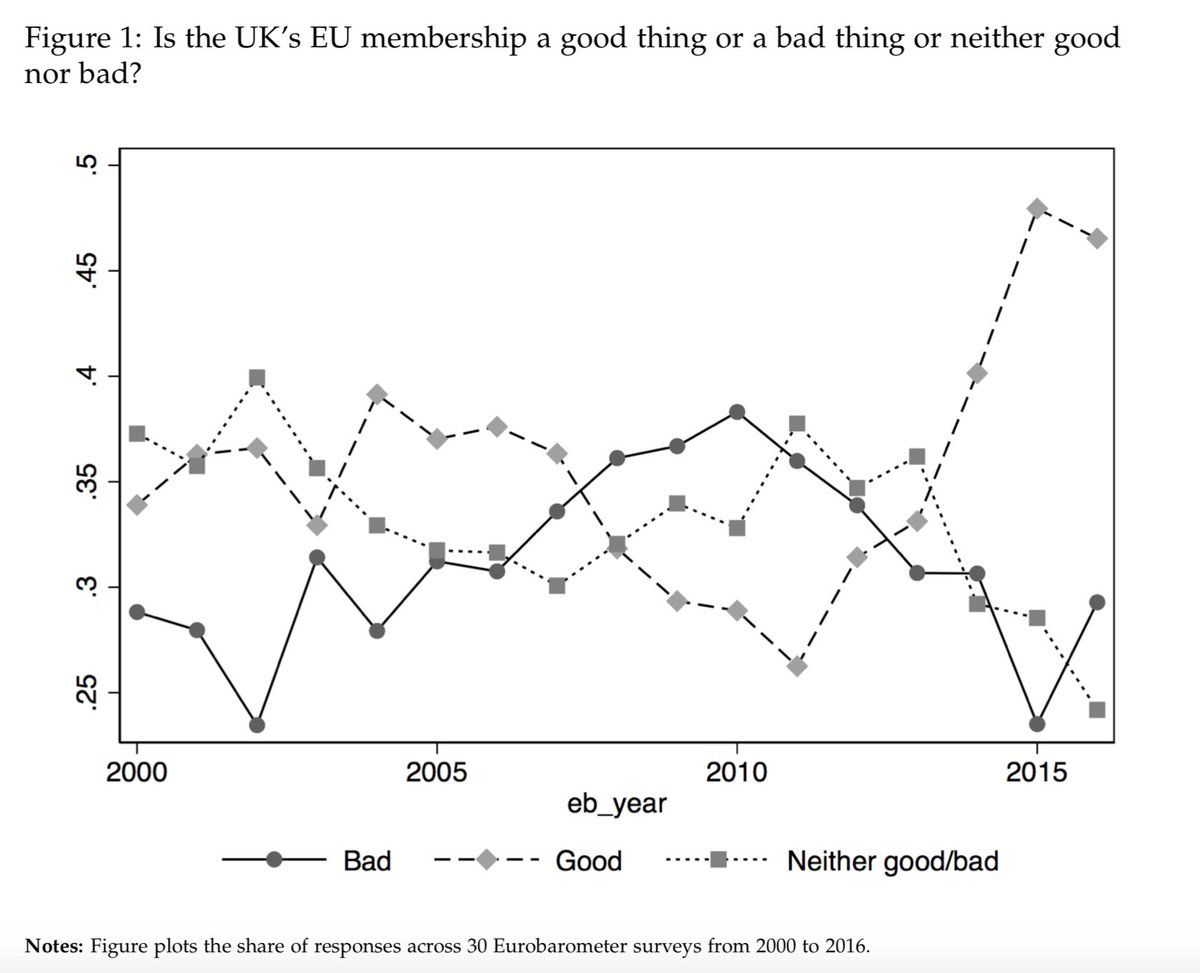
So @UKHofficial did have a look at my paper on #EOHO and #COVID19 - they have gone to some lengths to try to cast doubt about my research, the methods & results (see ukhospitality.org.uk/page/SafeReope…). So here are their point-by-point lines of attack on my work and my response. Thread 🧵⬇️ 

Point 4: EOHO really did not increase restaurant visits that much for a third time -- but the same data was used last year to claim the reverse. It is mostly deception as they do not use the data at the right level of granularity (daily vs weekly, visits vs sales). 3/ 
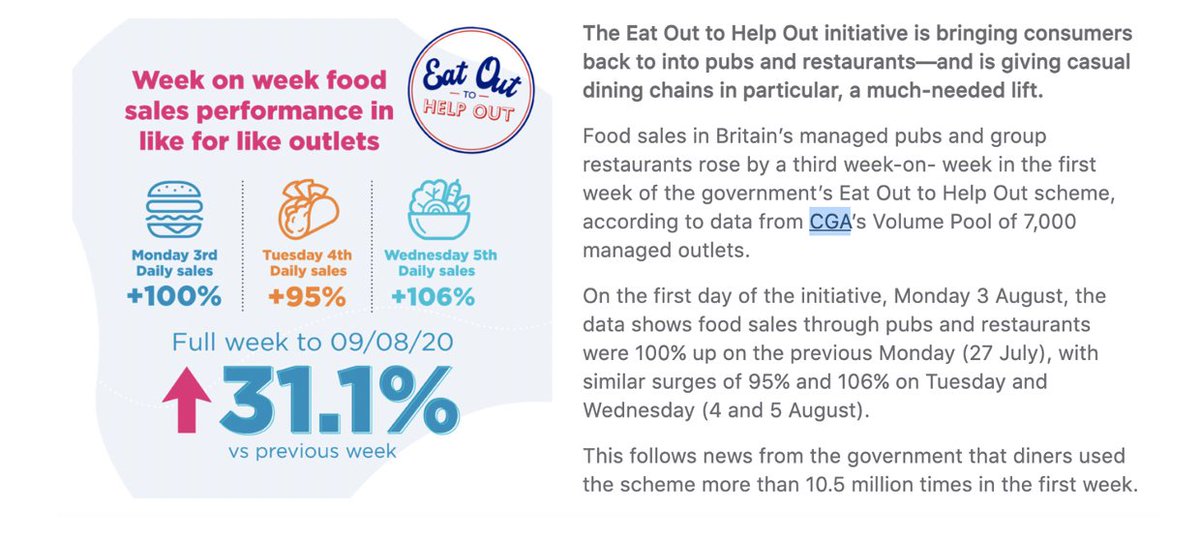
Point 5: Actually, aggregate infections really only surged from September onwards, after EOHO ended, so EOHO couldn’t have played a role 4/ 
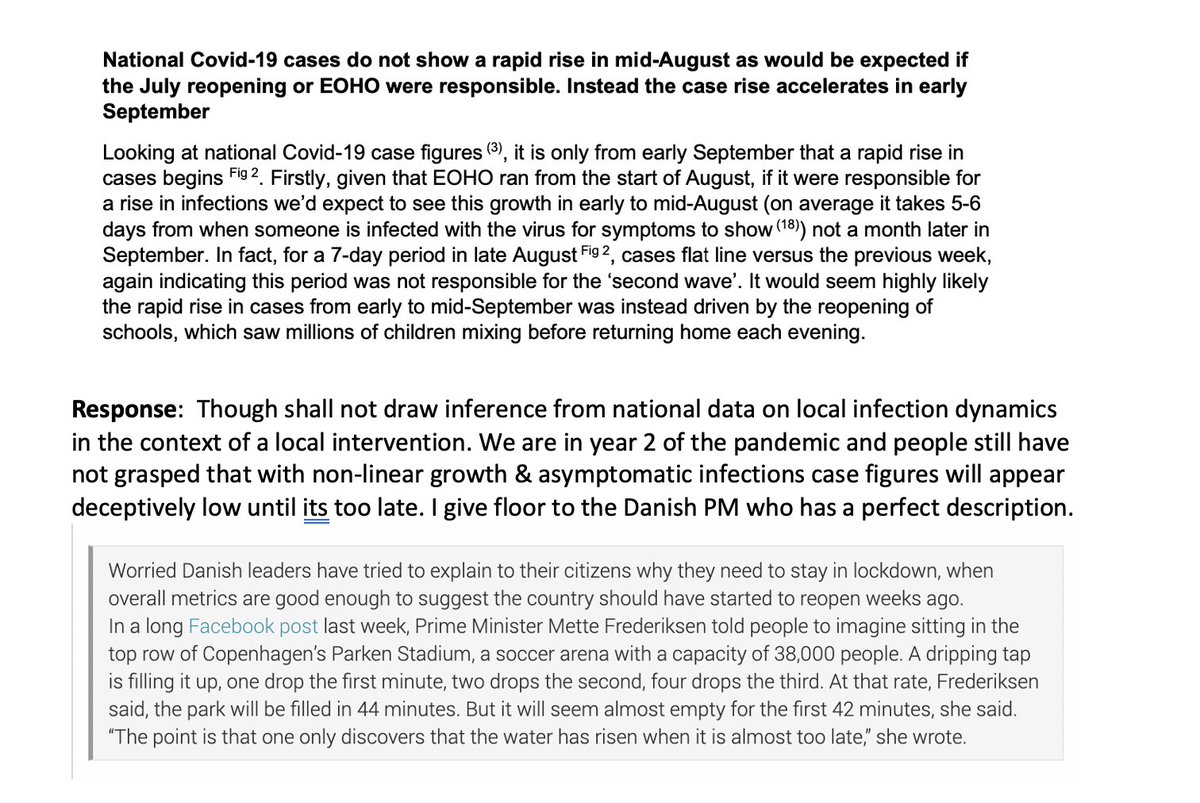
Point 5: Some new “research” (which is not in the public domain) allegedly shows that people are not *much* less likely to visit restaurants when it rains, but only slightly less likely to do so. 5/ 
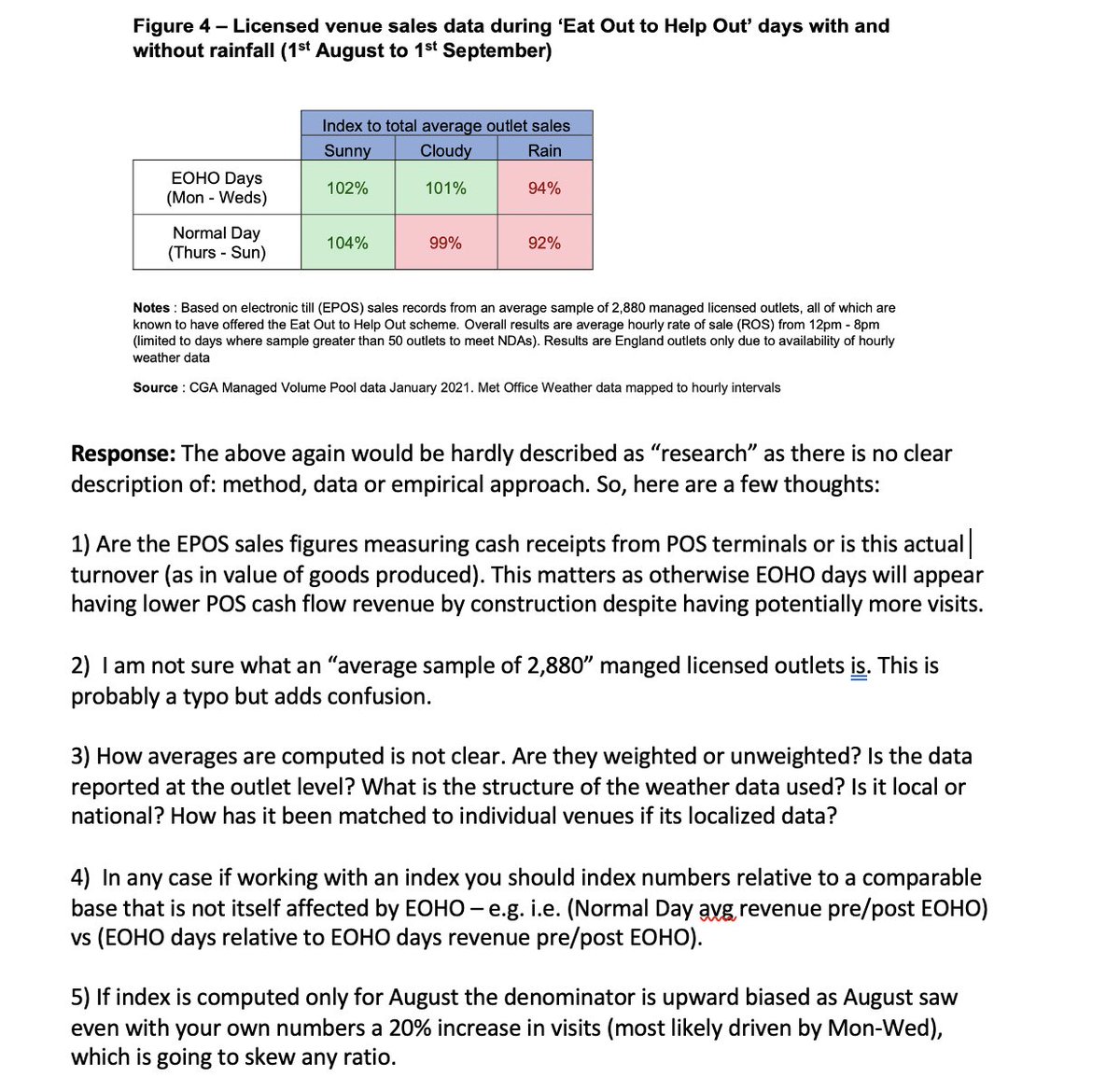
Point 6: The impact of EOHO was not short lived and mask mandates and declining mood post mid September are to blame for the decline in restaurant visits. Makes one wonder why the national mood may have declined? 6/ 
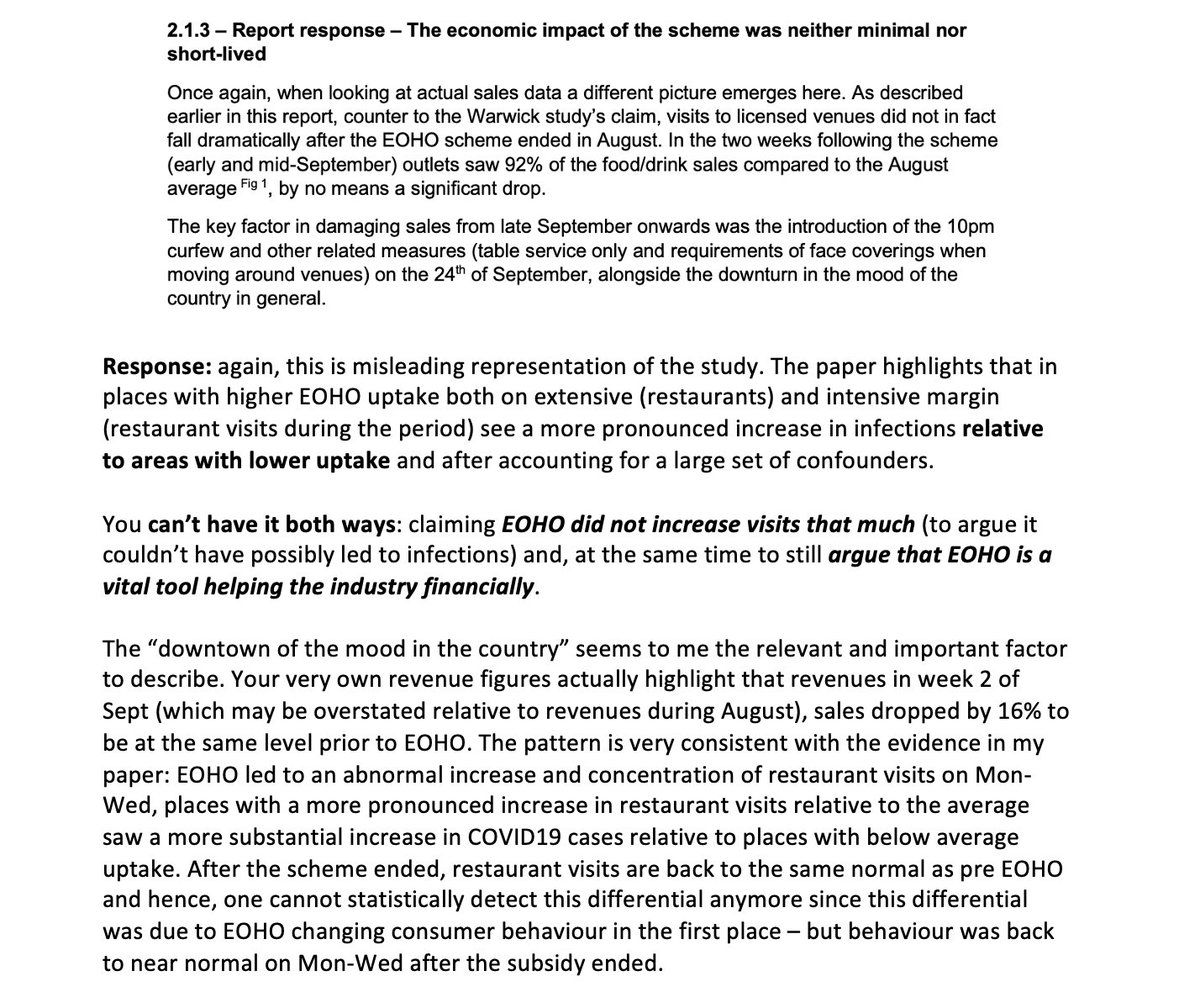
Point 7: That elusive HMT analysis featured in the "Sun" that is not in the public domain. I had not realized the "Sun" as a veritable outlet for research, and I am not sure if the Treasury is a good independent arbitrator of research evidence (aka: conflict of interests?) 7/ 

If we would all be genuinely interested in research and evidence-based policy making here is what I would propose. I would appreciate if @UKHofficial , @hmtreasury and independent academics share data & sit together and actually study this without premeditated conclusions. 8/
On a personal note: I do love eating out, I love the UK's restaurants and I am not on some deep mission to destroy the sector. Quite contrary: we are in this together. My job is to do research and I would have advocated much more generous direct financial aid to the sector 9/
I also think what may have made EOHO particularly problematic are specific design features and rather than having phoney discussions we should study these carefully now prior to a rerun. But this requires granular data that the Treasury is still not disclosing. 10/
I think what made the scheme so problematic was a) It was too generous (50% off is huge), b) It should not create artificial scarcity (Mon-Wed) congesting visits in a small # of days. 3) local authorities need to have resources to police compliance with social distancing. 11/
Other entities such as @PHE_uk should share and disclose more data to researchers as should @UKHofficial. I find it worrying that even blatant clear evidence from albeit imperfect aggregate data seems to be ignored in this debate 12/ 
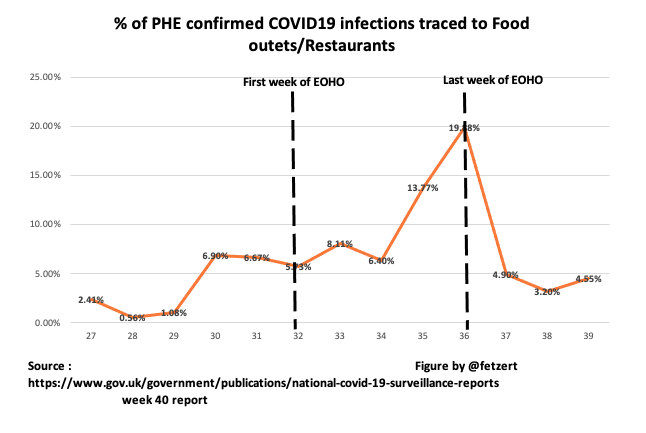
I also thinks this highlights some of the deep structural flaws that we have in our political processes with vested interests putting forth "research" that really doesnt merit the description. I am not saying academia is without flaws but we should be working together. /Ends
• • •
Missing some Tweet in this thread? You can try to
force a refresh
